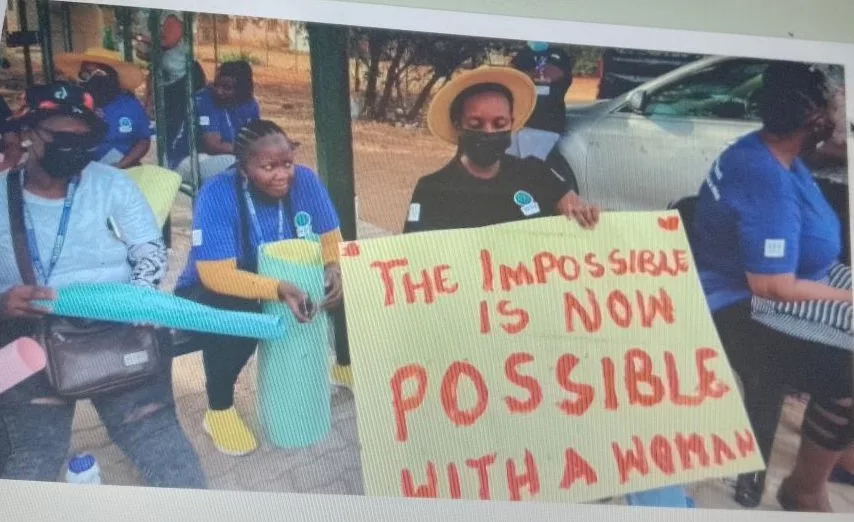|
Getting your Trinity Audio player ready...
|
Women’s representation in South Africa’s National Assembly has dropped from 46% in 2020 to 43% following the 29 May elections as predicted by Gender Links (GL) ahead of the watershed 2024 elections.
As a result, South Africa also drops from twelfth to twenty-second place in the global ranking of women’s political participation (WPP). In the Southern African Development Community (SADC) region, South Africa drops from first to third place, with Namibia leading the way, followed by Mozambique.
The watershed 2024 election was the most contested since the advent of democracy thirty years ago when the ruling African National Congress (ANC) won 63% of the vote. As predicted, the party lost significant ground, attaining just 40% of the vote and losing its outright majority for the first time since it came to power in 1994. This shifts the country from a one-party dominant state to a multi-party democracy. The ANC is now negotiating a Government of National Unity with smaller parties.
There is a close correlation in South Africa between the fate of the ruling party and the WPP because of the ANC’s voluntary quota for women. South Africa has a proportionate representation (PR) or list system at the national level. Parties win seats in proportion to the percentage of votes that they garner. Parties that alternate women and men candidates on their list (sometimes referred to as the “zebra” system) ensure women’s equal representation.
Women now comprise the majority of the ANC parliamentarians, at 53%. The Economic Freedom Front (EFF), a radical breakaway from the ANC, also surpassed the fifty percent mark, with 54% of its parliamentarians being women.
Five smaller parties have 50% or more women. These include Patricia de Lille’s GOOD Party (which won just one seat, a woman); Build One South Africa (BOSA), African Transformation Movement (ATM), and the Patriotic Alliance (PA). GOOD is the only South African political party led by a woman.
Other more conservative parties have not observed the principle of equality. In particular, the two main opposition parties, the Democratic Alliance (DA) and Jacob Zuma’s uMkhonto weSizwe Party (MKP), have 32% and 34% women, respectively. The Inkatha Freedom Party (IFP) has just 29% women in parliament. Six small parties, with one to three seats, have no women at all. Despite the change in the electoral system to allow Independent candidates to stand for election, none of the six independent candidates won a seat in parliament.
This week a coalition of individual women and women’s organisations from across South Africa made a submission to political parties to “ensure women’s equal, effective, transformative participation in all structures and processes” in the ensuing negotiations.
“We are supportive of the call to convene a Multi-stakeholder National Dialogue in the first quarter of the 7th Administration in 2024 as a constructive way of pulling the country together, collectively developing strategies to deal with South Africa’s socio-economic and social cohesion challenges, and for ensuring that peace and stability prevail,” the women said.
SOURCE: GENDER LINKS






